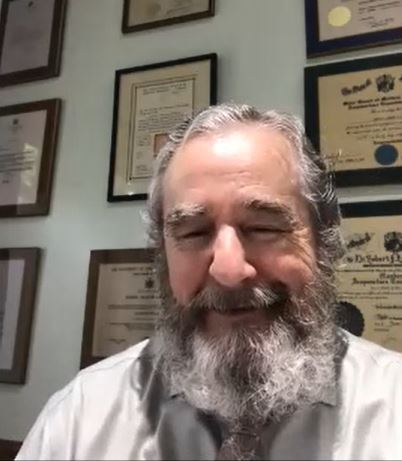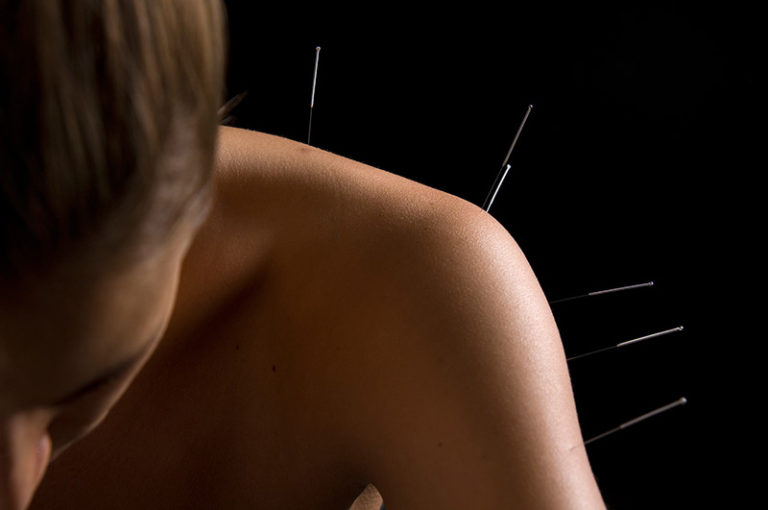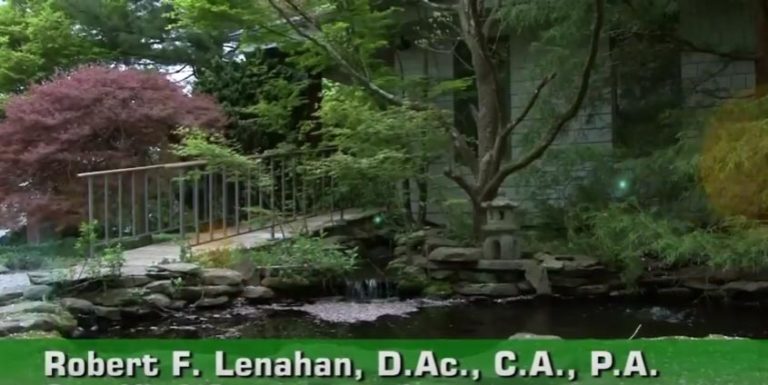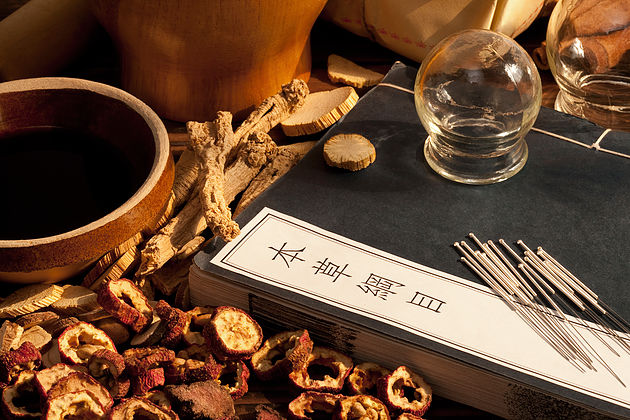Watch the part 1 of this interview in this video or listen to the full interview at this link…
https://retirementafter60.com/episode-18…
Part 1 of the Acupuncturist Podcast Interview – Meet Dr. Robert Lenahan

I wanted everybody who’s never been to an acupuncturist to have an idea what the benefits of acupuncture are, and I couldn’t think of anybody better than talking to Bob Lenahan. So welcome Bob, how you doing?
How are you doing, Art? Good to see you again.
Good to see you too, Pal.
Thank you for having me.
Oh my pleasure. Thank you for joining us. So, I’ve known you a long time, and I’ve always been interested in how you actually got interested in acupuncture and things like that so, give a little bit of background of like, you know, where you went to school and how you started and what got you interested in acupuncture.
Sure. I was a pre med biology major in college, went to Boston College graduated Bachelor of Science in Biology.
My parents wanted me to be a dentist. I didn’t want to be a dentist. Years later I found out why – my father wanted free dental work, so that was the truth there.
I had an interest in ancient philosophy I had taken martial arts, Taekwondo. A master instructor there with his outlook on life was very attractive, you know, and I had an affinity towards the Chinese culture I like Chinese food. At that time I knew how to use chopsticks. Early on, around 1969 – 70 And I think the ancient philosophy, plus medicine where I was headed equal Asian medicine.
The only problem back then was to find a place to actually study it, because there were no colleges of acupuncture in the United States, which is totally different than the landscape today. I was able to enter the New England School of acupuncture, and I was in the first graduating class. And this was the first school in the United States. So that small school, you know, is still in existence today it’s larger, it’s actually been absorbed by the Massachusetts College of Pharmacy, and you can still find and go there.
After that I went to England to the International College of oriental medicine in Sussex, England, and I was there for three years, because mainly because the school in New England and Boston, didn’t have a large clinical program at the time. So I was afforded that in England since they been established, and I came back I interned with an old Chinese doctor in New York City in Chinatown.
I worked on the law to license acupuncture in New Jersey. And we successfully got it through the legislature and back then Governor Tom Kean signed it into law and that established the acupuncture examining board. And then we had to set up the testing, the requirements, all the rules and regulations of the profession. And here we are today, and New Jersey has probably close to 1000 acupuncturists.
With all different levels of understanding, I’m sure. Bob, site note, just refresh my memory on something there was a book that you and I talked about a long long time ago, something, and it was tied to someone, a teacher that you had in college – I’m thinking in England. Something about the web, or weaver. What was that book called?
Yeah, the author is Ted Kaptchuk. Now Ted was the herbal teacher up at the New England School of acupuncture. So what I didn’t tell you is once I got back from England, I went back up to Boston, every Friday, to study with Ted, Chinese herbal medicine. Okay, he wrote the book The Web That Has No Weaver. Ted, I believe, is currently teaching at Harvard. He teaches courses amongst other about placebo effect. And that has nothing to do with acupuncture because it’s not a placebo. But Ted, you know, spoke Chinese and translated many materials, early on, when there was really no literature available at that time.
What is Acupuncture?
It’s just very interesting. So, so I know that acupuncture has a history of like 2000 years and in the last 40 or so years it’s gained some popularity in America. Why don’t you give us an explanation about what acupuncture is.
You know, many people are familiar with it today, far more than, you know, way back in the late 70s, early 70s, even. Acupuncture is part of Chinese medicine. You can almost divide Chinese medicine into acupuncture and herbal medicine. Most acupuncturist, know herbs, to a degree, and most herbalist know, acupuncture, to a degree.
There is a very close link between those two categories of Chinese medicine, and that’s mainly I would change the diagnostic skills. There’s something called the pulse diagnosis, which we utilize to understand the inner workings of the individual.
This is my pulse pillow here.
I palpate the radial artery in three positions. There’s 28 different pulse characteristics, some people fall between the cracks of those 28 that gives us a view inside the body, and we can transpose that to a prescription of acupuncture points, a prescription to Chinese herbal medicine, in order to help balance the body.
Are the needles worth it to feel better? What if needles make you nervous?
Fascinating. It really is. Nobody likes to get stuck with needles. When you actually put needles in the body is like, you know – I’m not afraid of needles – but some people are. To allay the fear of that can you explain the difference between going and get a, you know, go for get blood taken out of your body and also getting an acupuncture needle.
Yeah, for the most part the hypodermic needle, you know, you feel much more than an acupuncture needle. An acupuncture needle isn’t hollow so you can make a very fine and it doesn’t have the beveled edge of the razor edge that a hypodermic needle does. It’s actually comes to a point. So, most people barely feel any part of the needle insertion. We treat children. And we’ve had many children on their mom or dad’s lap – I’m talking about even down to an infant. And sometimes they’ll just watch you do it, observe it without a reaction. So, you know, children can do it adults can do it. And it’s minimally invasive.
I remember some years ago when we, when you cooperate with me on a video that I was doing with getting people to come to this event. And we’re saying I had 100 needles in me I actually had like 60 needles in me, and I didn’t even remember feeling anything going in. So when you put the needle in there as you’re trying to stimulate the nerves for the body to release some kind of hormones or whatever the case may be, I guess, clarify if I’m wrong, but just, just from a standpoint of the stimulation of the electrical system in the body. What’s the purpose of that you know what’s the basic reason to do that.
Okay, first of all, anybody listening to this, we don’t usually put 60 needles in anyone. Artie is a special case.
It’s only in children, by the way, we only do two or three points on the arm or one or two, three points on the leg. The average person, hardly has anything near that number, we use a minimal amount of acupuncture points, and I will always tell a person that I choose the fewest most effective points so that prescription which is really determined on the first day in the diagnosis, we apply and reapply. Acupuncture is dynamic. So if anything pops up during the course of treatment, we can amend that prescription to address those problems also.
How does Acupuncture work? What does it do for the patient?
I don’t think I fully answered your question because we got sidetracked on the amount of needles, but what acupuncture does… You mentioned the nervous system, the Chinese describe it as Qi, and Qi is sort of the functions of our body, and that’s what acupuncture stimulates is the Qi.
So the best way to visualize that is by bodily functions. For instance, respiration is an expression of Qi. Body temperature, or your body warmth. You know a lot of people, as they get older they get colder, especially women. That’s a deficiency of Qi. Your ability to move around, you’re putting your body in motion. Older people walk a lot slower than younger people another expression of Qi. Your digestion, when you chew and swallow something, it just doesn’t go all the way down and out, it goes along, and it stops at various places in your body, where your body’s Qi works on it in order to absorb the nutrition. Your defensive energy, which everybody today is very big on talking about the immune system. So, your ability to ward off disease that will penetrate your body in many different forms can be from a simple cold to a virus. Your ability to hold things in place. All your organs, believe it or not are held in place. People get hernias, or they get prolapse is where things fall down and out of place. That’s another expression of Qi. And that’s what acupuncture does.
Acupuncture is a tonic for the Qi. So of all those different bodily functions, that’s what we address, and Western medicine, as good as it is in crisis management etc. It doesn’t really have many tonics for the Qi. You know they may give you a steroids, but that’s a false tonic that you can stay on for a long period of time, maybe, vitamin B 12 shot, a little bit of a blood tonic. But Chinese medicine including Chinese herbology, has many many different blood tonics, many other Chinese herbs and acupuncture prescriptions to help the Qi of the body.
Fascinating to me. I remember you telling me like there’s a lot of different expressions of Qi. When you do the pulse diagnosis. Like, I don’t remember some of the terms you use one that comes to mind is like something feels heavy. Or you have like that that was in the 28 things that you said before, right.
Yeah. There are 28 different pulse qualities so that’s why we palpate the pulse on the radial artery, we’re not just counting the beat according to a clock. I’m not putting a blood pressure cuff on you to get, you know, millimeters of mercury can move, or whatever. It’s far more perceptive than that. And one of the abilities of the pulse diagnosis is to express what’s going on in side your body, maybe even before there are symptoms. So you can address in a preventative way illness as well, not just in the acute stages.
Which is a big difference than America, you know, then the regular medicine, and one of the questions that I’ve heard people when I’ve dialogued about it is they really want to know if you, is it worth getting stuck with needles to feel better? Has anyone ever asked you that question.
You know we have a lot of patients, many of them. I see a lot of elderly patients, and young people stuck in different, you know, physical maladies maybe they hurt themselves surfing or in gymnastics or something like that.
But many people, as the gas is running out of the tank, and different maladies are coming to the foreground that they can’t sleep off anymore. So, it’s definitely worth it to them, because it’s drugless, you’re not going to have any of the side effects, which, you know, can cause problems in and of themselves. It’s simple medicine it’s not complicated, you know. And so, the benefits, always outweigh the part of having the acupuncture performed.
Many people fall asleep during treatment. And when they go back and tell their friends, when they ask them “How was it?” “Oh, I fell asleep.” The people like “What? You fell asleep with needles in you? How can you do that?” It’s very relaxing, it releases a lot of stress in the body, and that’s a very common effect.


